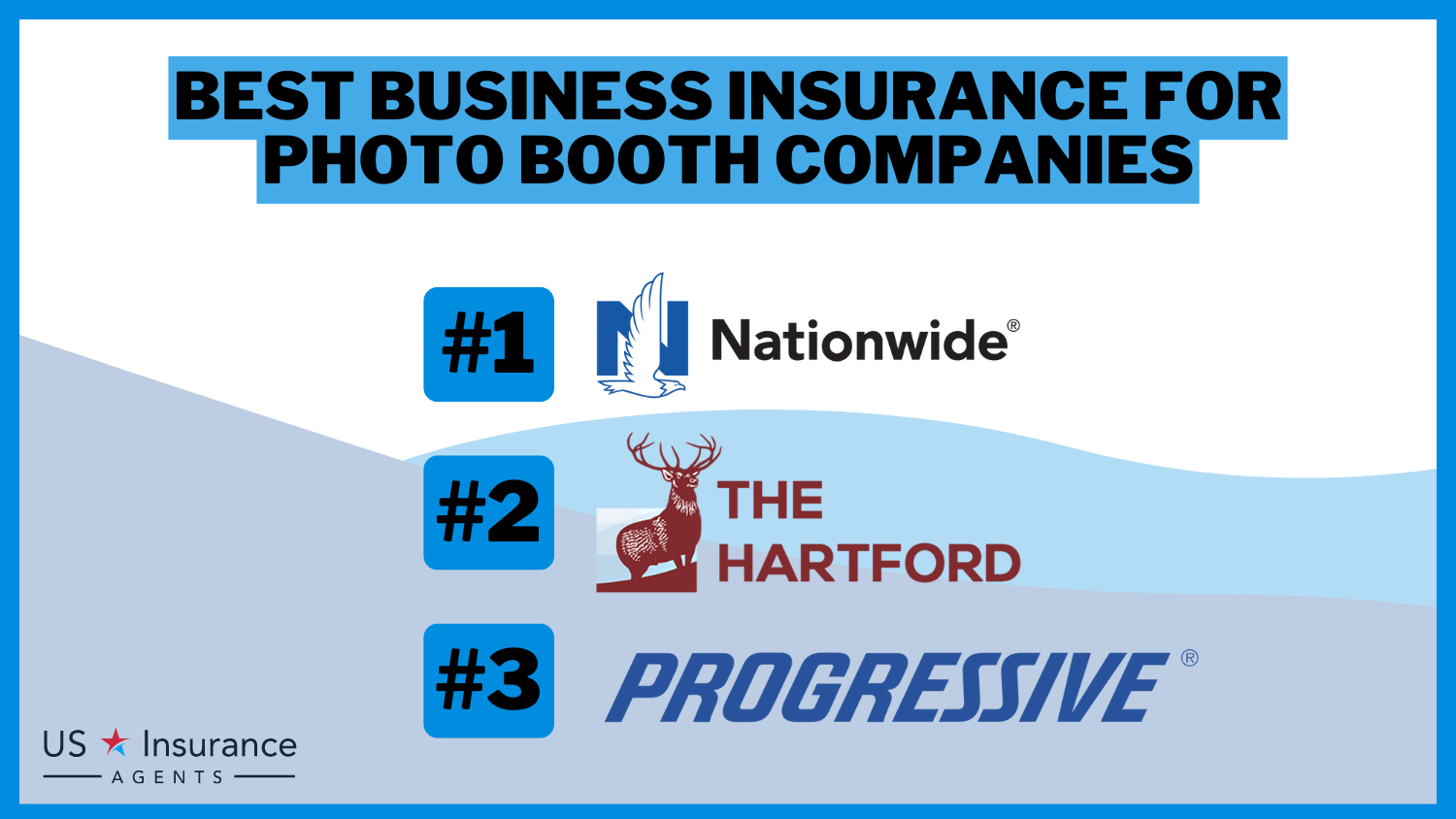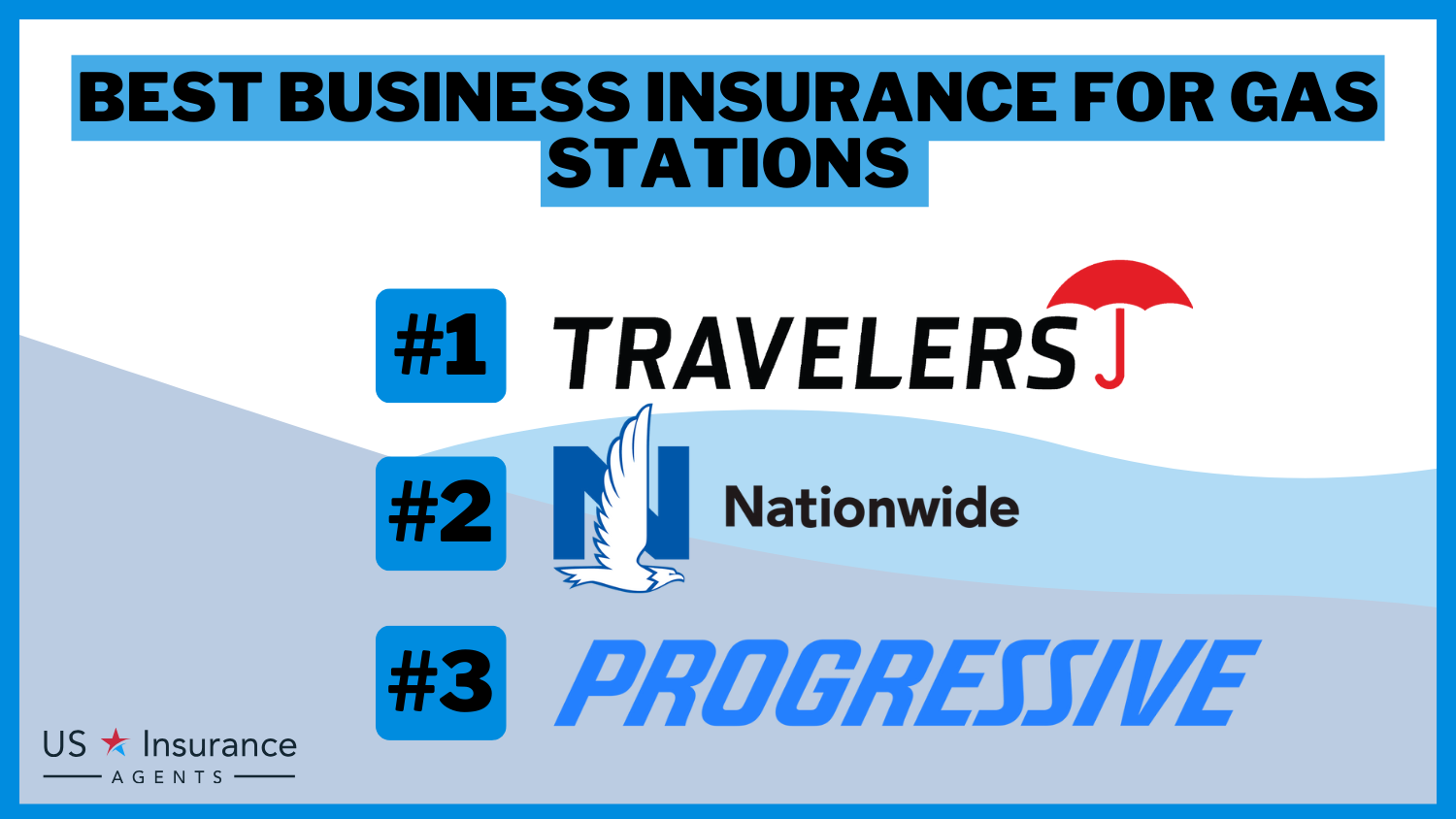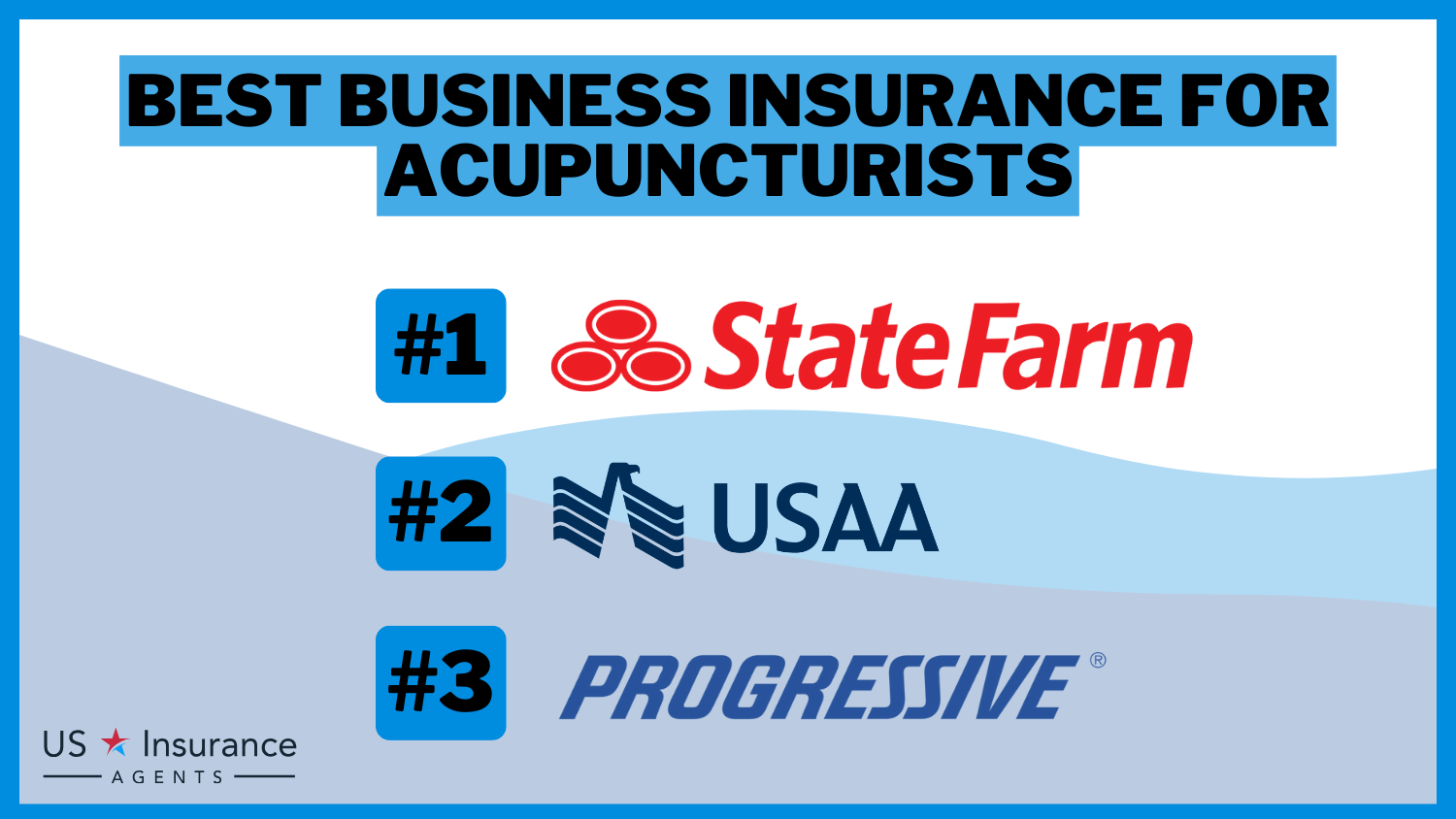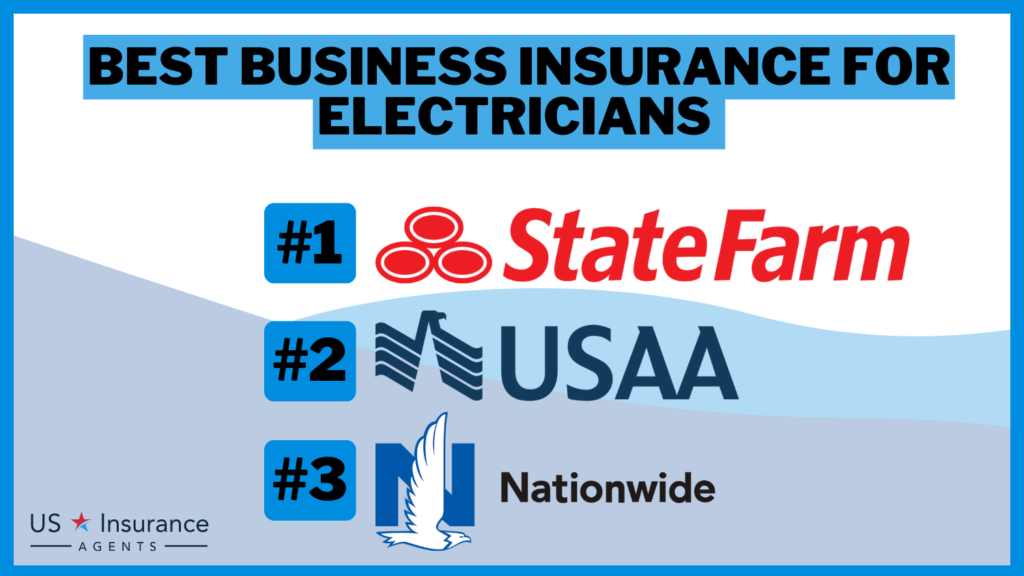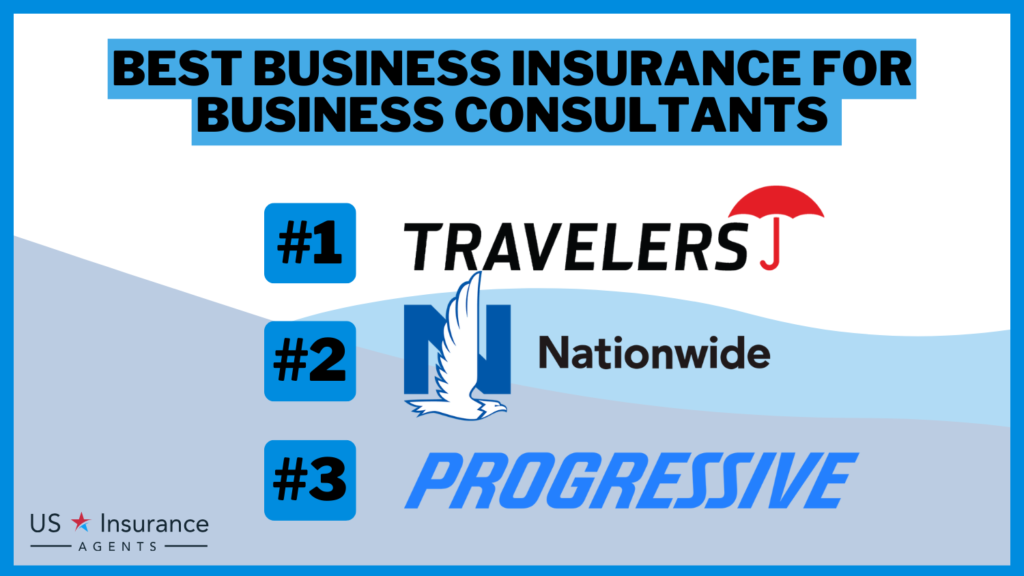Best Business Insurance for Hardware Stores (2026)
Discover the paramount importance of insurance for hardware stores. Learn about the essential coverage types, cost considerations, and real-life case studies showcasing the value of insurance in protecting against property damage, liability claims, and ensuring business continuity. Explore FAQs and gain insights to safeguard your hardware store's success.
Read more Secured with SHA-256 Encryption






Table of Contents
Table of Contents


Licensed Insurance Agent
Heidi works with top-rated life insurance carriers to bring her clients the highest quality protection at the most competitive prices. She founded NoPhysicalTermLife.com, specializing in life insurance that doesn’t require a medical exam. Heidi is a regular contributor to several insurance websites, including FinanceBuzz.com, Insurist.com, and Forbes. As a parent herself, she understands the ...
Heidi Mertlich


Licensed Real Estate Agent
Angie Watts is a licensed real estate agent with Florida Executive Realty. Specializing in residential properties since 2015, Angie is a real estate writer who published a book educating homeowners on how to make the most money when they sell their homes. Her goal is to educate and empower both home buyers and sellers so they can have a stress-free shopping and/or selling process. She has studi...
Angie Watts
Updated January 2025
- Obtaining insurance for hardware stores provides financial protection against potential liabilities, such as accidents, lawsuits, and property damage.
- Hardware stores rely heavily on their physical location, inventory, and equipment. With the right insurance coverage, you can safeguard these assets against risks like fire, theft, vandalism, or natural disasters. This protection ensures that your business can recover quickly and continue its operations.
- Compliance and Employee Welfare: Insurance, such as workers’ compensation, helps you comply with state regulations by providing coverage for work-related injuries or illnesses. It not only protects your employees’ well-being but also provides benefits like medical expenses and lost wages. Prioritizing employee welfare helps maintain a positive work environment and reduces potential legal issues.
Protecting your hardware store with the right business insurance is crucial for ensuring its long-term success and safeguarding your business against potential liabilities. As a hardware store owner, you face unique risks due to the nature of your merchandise and services.
Having adequate insurance coverage will provide financial protection in the event of accidents or lawsuits.
The Significance of Insurance for Hardware Stores: Safeguarding Your Business, Mitigating Risks, and Ensuring Stability
There are several important reasons why it is crucial to get insurance for hardware stores:
- Risk Mitigation: Hardware stores have inherent risks due to the nature of their inventory and services. With potentially dangerous tools, flammable materials, and heavy equipment, accidents can happen. Insurance provides protection against liabilities arising from injuries to customers or damage to their property. It mitigates the financial burden of legal expenses, medical bills, and property repairs.
- Business Continuity: Disasters or unforeseen events can disrupt hardware store operations. Whether it’s a fire, theft, or natural disaster, having insurance coverage for your physical assets, such as buildings, equipment, and inventory, ensures that you can quickly recover and resume normal business operations. It provides financial support to repair or replace damaged property, minimizing downtime and revenue loss.
- Legal Compliance: In many jurisdictions, certain types of insurance, such as workers’ compensation, are mandatory for businesses that employ staff. Compliance with legal requirements not only protects your business from penalties and fines but also demonstrates your commitment to the well-being of your employees. Insurance coverage ensures that you can provide necessary support and benefits in case of work-related injuries or illnesses.
Overall, insurance for hardware stores is essential for protecting your business, managing risks, and ensuring the long-term success and stability of your operations.
Free Business Insurance Comparison
Compare Quotes From Top Companies and Save
Secured with SHA-256 Encryption
Exploring Essential Insurance Coverage for Hardware Stores: Safeguarding Assets, Mitigating Liabilities, and Ensuring Comprehensive Protection
Types of Insurance Coverage for Hardware Stores:
- General Liability Insurance: Provides financial protection against third-party bodily injury, property damage, and product liability claims. It covers accidents, injuries, or damages that may occur on your premises or as a result of products sold.
- Commercial Property Insurance: Protects your physical assets, including buildings, equipment, inventory, and furniture, from various perils such as fire, theft, vandalism, or natural disasters. It provides funds for repairs or replacements in case of property damage or loss.
- Workers’ Compensation Insurance: Mandatory in most jurisdictions, it covers medical expenses, lost wages, and rehabilitation costs for employees who suffer work-related injuries or illnesses. It also provides death benefits to the families of deceased employees.
- Inland Marine Insurance: Covers property that is in transit or temporarily in your care, custody, or control outside your premises. This includes protecting inventory during deliveries or while performing repair services for customers.
- Commercial Crime Insurance: Protects against financial losses resulting from criminal acts such as theft, burglary, employee dishonesty, or forgery. It safeguards against risks associated with high-value products and monetary transactions.
Read more: Best Business Insurance for Furniture Stores
These are some of the key insurance coverages that hardware store owners should consider to ensure comprehensive protection against potential risks and liabilities.
Understanding the Costs of Insurance for Hardware Stores: Factors, Considerations, and Pricing Insights
The cost of getting insurance for hardware stores can vary depending on several factors. Insurers consider various elements when determining the premiums for insurance coverage. Here are some key factors that influence the cost:
- Type of Coverage: Different types of insurance, such as general liability, commercial property, workers’ compensation, and commercial crime, have varying costs associated with them. The specific coverage types you choose will impact the overall cost.
- Business Size and Revenue: The size of your hardware store and its annual revenue can affect insurance costs. Larger stores or those with higher revenue may have higher premiums due to increased exposure and potential liability.
- Risk Profile: Insurance companies assess the risk level associated with your hardware store. Factors such as the location of your store, previous claims history, security measures in place, and the nature of your inventory can impact the cost of insurance. Stores with higher perceived risks may face higher premiums.
- Coverage Limits: The coverage limits you choose for each insurance policy will impact the cost. Higher coverage limits typically result in higher premiums as they offer increased financial protection.
- Deductibles: The deductible is the amount you must pay out of pocket before the insurance coverage kicks in. Choosing a higher deductible can lower your premiums, but it means you will bear a greater portion of the costs in the event of a claim.
- Insurance Provider: Different insurance companies have their own pricing models and underwriting criteria. It’s advisable to obtain quotes from multiple insurers to compare prices and find the most competitive rates.
It’s important to note that the cost of insurance is an investment in protecting your hardware store from potential financial losses. While premiums may represent an additional expense, having adequate insurance coverage can help mitigate the significant costs that can arise from accidents, lawsuits, or property damage.
To get an accurate estimate of the cost of insurance for your hardware store, it’s recommended to reach out to reputable insurance providers and request customized quotes based on your specific business needs.
Navigating the Process of Obtaining Insurance for Hardware Stores: A Step-by-Step Guide to Securing Comprehensive Coverage
- Assess Your Insurance Needs: Begin by evaluating the specific risks and liabilities associated with your hardware store. Consider the nature of your inventory, services offered, employee responsibilities, and the physical location of your business. This assessment will help you determine the types of insurance coverage you require.
- Research Insurance Providers: Look for reputable insurance providers that specialize in commercial insurance for retail businesses or have experience working with hardware stores. Read reviews, compare offerings, and consider their financial stability and customer service reputation.
- Gather Necessary Information: Prepare essential information about your hardware store, including its location, years in operation, revenue figures, number of employees, and details about your inventory and property. This information will be required when obtaining insurance quotes.
- Request Quotes: Contact multiple insurance providers to request quotes based on your specific insurance needs. Provide them with the information gathered in the previous step. Ensure that you request quotes for the types of coverage you identified as necessary for your hardware store.
- Compare Coverage and Costs: Review the quotes received from different insurance providers. Compare the coverage limits, deductibles, exclusions, and any additional features or endorsements offered. Assess the premiums associated with each quote, considering the level of coverage provided.
- Consult with Insurance Professionals: If needed, consult with insurance agents or brokers who specialize in commercial insurance. They can provide expert advice, help you understand the terms and conditions of policies, and assist in choosing the most suitable coverage for your hardware store.
- Read and Understand the Policy: Before finalizing any insurance purchase, carefully read through the policy documents. Understand the coverage, limitations, exclusions, claims procedures, and any other relevant details. Seek clarification from the insurance provider or agent if there are any ambiguities or questions.
- Purchase Insurance: Once you have made an informed decision, complete the necessary paperwork, provide payment details, and officially purchase the insurance policies for your hardware store. Keep copies of all documentation for your records.
- Review and Update Regularly: Insurance needs can change over time as your business evolves. Regularly review your insurance coverage to ensure it aligns with your current needs. Inform your insurance provider of any significant changes to your hardware store that may impact coverage requirements.
Read more: Best Business Insurance for Insurance Agents
By following these steps, you can navigate the process of obtaining insurance for your hardware store more effectively. Remember that working with experienced professionals and conducting thorough research will help you secure comprehensive coverage tailored to your specific needs.
Free Business Insurance Comparison
Compare Quotes From Top Companies and Save
Secured with SHA-256 Encryption
Real-Life Scenarios: Unveiling the Significance of Insurance in Hardware Stores through Case Studies
Case Study 1: Protecting Against Property Damage
Hardware Store X had been in business for several years, serving a large customer base in a bustling neighborhood. One unfortunate day, a fire broke out in a neighboring building and quickly spread to Hardware Store X, causing extensive damage to their premises, equipment, and inventory. The store had to temporarily close its doors, resulting in a significant loss of revenue.
Fortunately, Hardware Store X had invested in comprehensive commercial property insurance. They promptly filed a claim with their insurer, who provided the necessary funds for repairs and replacements. With the insurance coverage in place, Hardware Store X was able to rebuild, restock their inventory, and resume operations within a few months. Without insurance, the financial burden of property damage would have been overwhelming, potentially leading to permanent closure.
Case Study 2: Liability Protection and Customer Injury
Hardware Store Y prided itself on its commitment to customer service and maintaining a safe shopping environment. However, accidents can happen even in the most well-managed establishments. One day, a customer slipped and fell on a recently mopped floor, resulting in a severe injury. The customer held Hardware Store Y responsible and filed a lawsuit seeking compensation for medical expenses, pain, and suffering.
Fortunately, Hardware Store Y had obtained general liability insurance. They immediately notified their insurance provider about the incident and the resulting claim. The insurer appointed legal experts to handle the case and covered the legal expenses, settlement costs, and compensation awarded to the injured customer. This prevented a substantial financial setback for Hardware Store Y and protected their reputation in the community.
Case Study 3: Workers’ Compensation and Employee Injury
Hardware Store Z employed a dedicated team of knowledgeable staff who provided assistance to customers and managed day-to-day operations. One of their employees, while unloading a heavy shipment, suffered a serious back injury. The employee required medical treatment, rehabilitation, and an extended leave of absence.
Having workers’ compensation insurance in place, Hardware Store Z was able to support their injured employee during the recovery process. The insurance coverage covered the medical expenses, wage replacement during the absence, and rehabilitation costs. It also provided a safety net for the employee’s family in case of work-related disabilities or death. This ensured that the employee received the necessary support while protecting Hardware Store Z from potential legal claims and financial strain.
These case studies highlight the importance of insurance for hardware stores. Whether it’s protecting against property damage, liability claims arising from customer injuries, or providing support for employees’ work-related injuries, insurance coverage offers financial security, safeguards the reputation of the store, and helps ensure business continuity.
In Summary: Business Insurance for Hardware Stores
Insurance plays a vital role in safeguarding hardware stores against potential risks and liabilities. Through comprehensive coverage, hardware stores can protect themselves from property damage, lawsuits arising from customer injuries, and provide support for employees in the event of work-related injuries.
Real-life case studies demonstrate the significance of insurance, showcasing how it can help businesses recover from unexpected incidents, ensure financial stability, and preserve their reputation in the face of adversity. By investing in the right insurance policies, hardware store owners can mitigate potential financial burdens and focus on the long-term success and resilience of their business.
Frequently Asked Questions
What types of insurance coverage do hardware stores typically need?
Hardware stores typically need general liability insurance, commercial property insurance, workers’ compensation insurance, inland marine insurance, and commercial crime insurance. These coverages protect against various risks such as customer injuries, property damage, employee injuries, damage to goods in transit, and financial losses from criminal acts.
How much does insurance for a hardware store cost?
The cost of insurance for a hardware store can vary depending on several factors, including the size of the store, annual revenue, location, coverage limits, and the store’s risk profile. It’s best to obtain quotes from multiple insurance providers to get a more accurate estimate based on your specific needs.
Is workers’ compensation insurance necessary for a hardware store?
Yes, workers’ compensation insurance is crucial for hardware stores. It provides coverage for medical expenses, lost wages, and rehabilitation costs if an employee suffers a work-related injury or illness. It also offers protection for the business by minimizing the risk of costly lawsuits arising from employee injuries.
Does commercial property insurance cover inventory and equipment in a hardware store?
Yes, commercial property insurance typically covers the hardware store’s inventory, equipment, furniture, and other business property. It provides financial protection in the event of covered perils like fire, vandalism, theft, or natural disasters, helping the store recover from property damage and replace essential items.
Can insurance help protect a hardware store from liability claims related to products sold?
Yes, general liability insurance for hardware stores includes product liability coverage. This protects the store from claims of bodily injury or property damage caused by products sold. Given the potential risks associated with selling items like power tools or flammables, having product liability coverage is crucial to protect against lawsuits and associated legal expenses.
Get a FREE Quote in Minutes
Insurance rates change constantly — we help you stay ahead by making it easy to compare top options and save.

